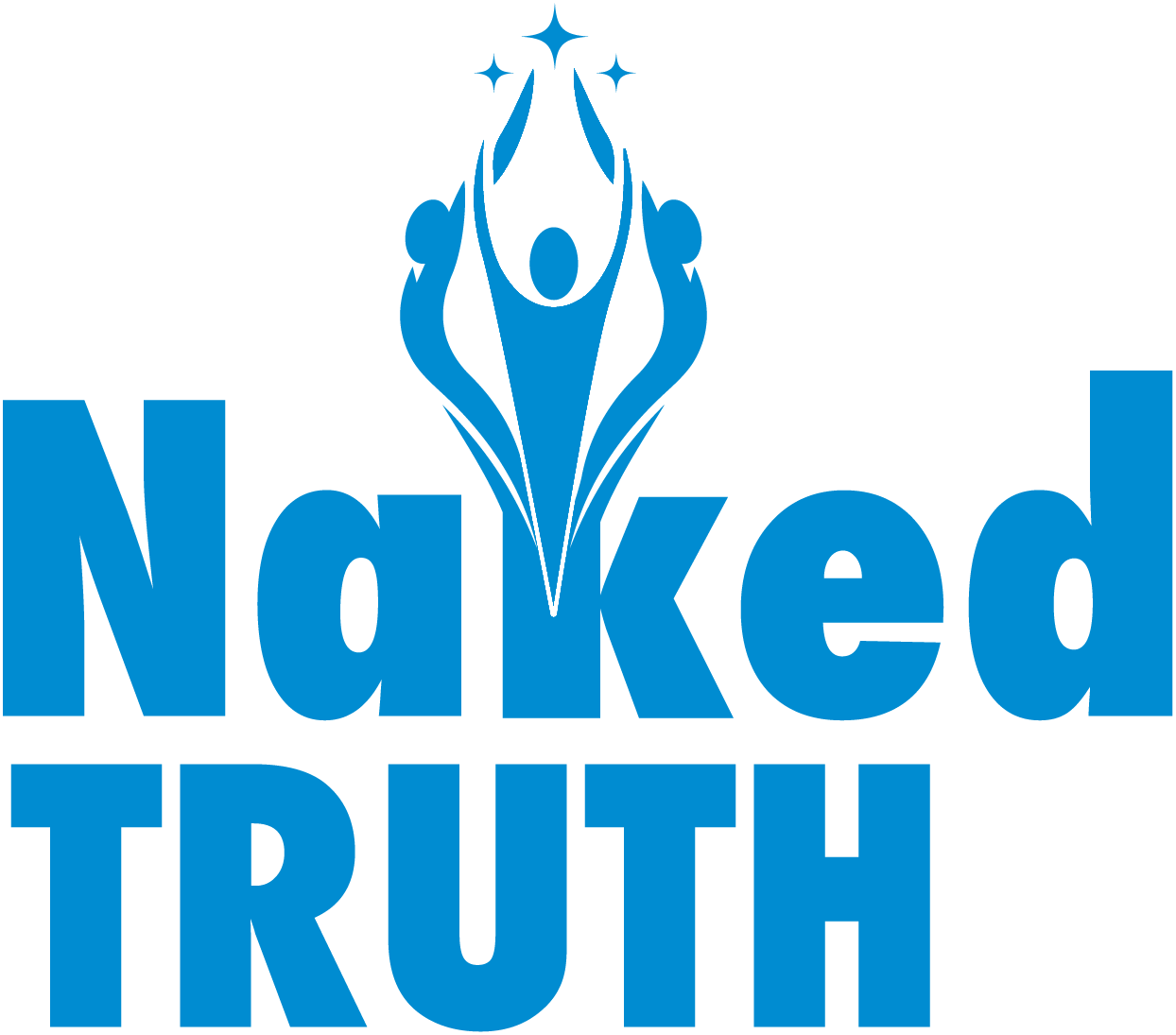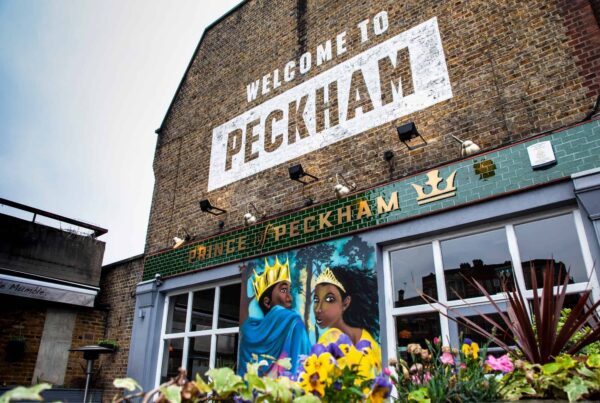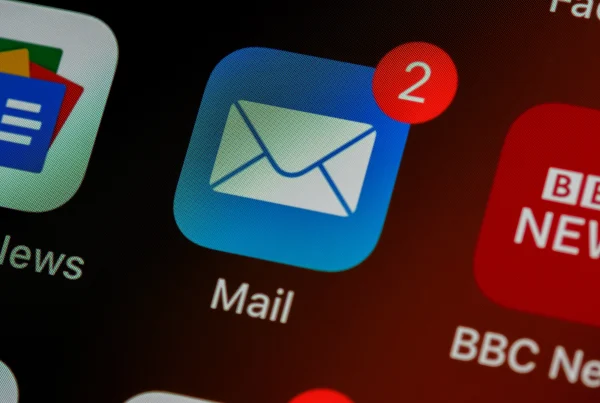Negative PR is unfortunately a fact of life. You can have the most incredible brand ever but a small mistake or customer complaint can set in motion a spiral of negative publicity that might be hard to recover from.
We see negative stories about brands make the news and go viral on social media all the time; from Burger King’s Veganuary burger which turned out to be not suitable for vegans, to Oh Polly’s rude treatment of a frontline NHS worker early in the Covid-19 pandemic, social media users love laughing about a brand’s big PR fails.
So, what can brands do to avoid getting bad press or going viral for all the wrong reasons? And what can you do to respond to bad publicity if it unfortunately does happen?
Read on to learn everything you need to know about how to handle negative PR.
What is negative PR?
Negative PR, sometimes called bad publicity, is a story that makes your brand look bad, potentially damaging your reputation or impacting your stock value or sales. Negative PR can cover a range of things, including:
- Bad press about your brand online or in newspapers, magazines, or TV, for example because of an employee’s mistake, a product recall, lawsuit, or any other unflattering situation
- Complaints about your brand on social media
- Negative reviews of your customer service or products on online forums or review sites
Frustratingly, it often seems that negative PR spreads faster and farther than any good publicity about a brand. Studies have found that negative news evokes a greater psychophysiological reaction than positive news; is it any surprise that on social media sites like Twitter negative news spreads farther than positive news?
However, even though it’s hard to avoid negative publicity in our modern world where people love taking to social media to criticise brands or share their hot takes, negative publicity doesn’t have to be the end of the world. If your company becomes involved in the PR crisis, there are many things you can do to turn it around with a little work.
Here’s our step by step process for countering negative publicity.
1. Prevention is better than cure
It’s an age-old saying but when it comes to public relations, prevention truly is better than cure. You need to do everything you can to prevent PR crises, because they’re hard to recover from once they’ve happened. Especially in the twenty-first century where a quick Google can bring up any embarrassing stories about your business in the press or on social media, it’s important to make sure that you do everything possible to eliminate bad publicity.
But, how exactly do we prevent negative publicity? The first step, obviously, is to work hard to create an amazing business and a positive PR strategy to maintain a positive brand reputation among the public.
Unfortunately, this alone isn’t enough — you also will need to create a crisis management plan. This will involve planning for any potential mishaps or issues that might occur, appointing spokespeople, and creating strategies to respond to crises. Tracking the way your brand is talked about in the media, on social media, or on reviews sites is a start; this will help you identify any problems with your company’s reputation before they spiral out of control.
You might think that your brand doesn’t need a crisis management plan — after all, what could go so badly wrong that it would be necessary? But, remember: bad publicity is extremely difficult to avoid. Your business can do literally everything right and still end up in a PR crisis.
So, what do you do when it all goes wrong?
2. Be proactive and act fast
One of the most important things about crisis communications is that they need to be fast, nipping any potential bad press in the bud.
For example, you may remember a story that went to press in 2019. A server at steak restaurant Hawksmoor in Manchester accidentally picked up the wrong bottle of wine, serving a customer a £4500 bottle of wine instead of a £260 one. Responding to this potentially embarrassing situation, the company (or their PR agency) quickly wrote a tweet to turn the story around:
“To the customer who accidentally got given a bottle of Chateau le Pin Pomerol 2001, which is £4500 on our menu, last night – hope you enjoyed your evening! To the member of staff who accidentally gave it away, chin up! One-off mistakes happen and we love you anyway 😉”
They then added a picture of the bottles with the caption, “THEY LOOK PRETTY SIMILAR OK!? 😉”
Receiving hundreds of retweets and thousands of likes, their proactive tweets helped turn potentially negative publicity into a PR success. By defending the member of staff, they handled the mistake gracefully and gained a lot of positive publicity in national news publications — a great example of crisis management.
3. Be honest and genuine
Your response to any bad publicity needs to be genuine, honest, and human. A real apology can go a long way. A brand that sees a public relations crisis as an opportunity to re-evaluate its actions and become better is the sort of brand that people will respect.
Returning to the previous example with Hawksmoor restaurant, the tweet’s emphasis that mistakes are only human and that ‘we love [the staff member] anyway’ brings warmth and kindness to the situation.
It also helps if your brand can laugh at itself. For example, fast food brand KFC experienced an embarrassing PR disaster in 2018 when it had to temporarily close hundreds of stores because of an issue with the chicken supplier; Kentucky Fried Chicken literally ran out of chicken.
However, they turned the negative publicity around with a self-deprecating technique — they put out a full-page apology advert in two national newspapers featuring an empty KFC bucket with the letters rearranged to spell ‘FCK’. In the advert, they apologised for the mistake, acknowledged that it wasn’t a good look, and thanked everyone for being patient with them.
The strategy worked: the ad was received well on social media and KFC was praised for their crisis communications by experts. Combining a sincere apology with self-deprecating humour allowed the fast food company to handle the negative publicity with grace.
4. Be creative
Good crisis management is creative. If you find yourself in the middle of a storm of bad publicity, sometimes a creative crisis management plan can turn it all around.
For example, think of the recent conflict between supermarket chains Marks & Spencers and Aldi. Marks & Spencers sued Aldi for intellectual property infringement, claiming that Aldi’s Cuthbert the Caterpillar cake was too similar to their own iconic Colin the Caterpillar.
This could have been very bad publicity for Aldi, but their PR team managed to turn it around with a cheeky and attention-grabbing response. They quickly started the #FreeCuthbert campaign, getting public opinion on their side and making the publicity positive. According to Marketing Week, M&S’ news sentiment score dropped by 134% and purchase consideration score dropped by 2.72%, while the equivalent scores for Aldi rose by 8.5% and 6.8% respectively.
Of course, we don’t ever recommend copying another brand’s intellectual property, but this example shows that even the most damaging publicity can be turned around with some good crisis management.
Did Aldi have a crisis communications plan prepared in advance in case of a situation like this arising? We suspect so. That’s why we recommend anticipating any potential negative publicity and preparing creative responses to mitigate the PR crisis.
5. Hire experts
Your brand’s reputation impacts everything: customer loyalty, sales numbers, your bottom line, and the overall success of your company’s mission. Because the relationship between your brand and the public is so essential to every aspect of your business, it’s not something you want to skimp out on.
That’s why we believe that the best way to avoid negative publicity in the first place or handle a PR crisis if it regrettably occurs is to hire PR experts.
Okay, sure, as a PR agency we’re a bit biassed, but let’s break down some of the reasons that hiring an agency for your PR is the best way to avoid and deal with crises.
Agencies know what they’re doing
In any sort of crisis, you need experts on hand. A PR crisis is no exception. An agency can help guide you through any spots of negative publicity with crisis management techniques that have been tried and tested.
PR agencies have all the right contacts
PR agencies already have a network of contacts in the media with whom they have spent years cultivating relationships. This means that you’ll never have to start from scratch with your public relations and your agency can nip bad press in the bud with quick and effective crisis management.
PR agencies offer a new perspective
One of the biggest benefits of opting for an agency to handle your PR instead of doing it in-house is that we can see beyond your industry, offering a new perspective. You know everything there is to know about your industry but the public don’t; a public relations agency can bridge that gap. Your agency can help you communicate in a way that will resonate with the public, helping you get your message across and improve your brand’s reputation, even during embarrassing crises.
While bad press isn’t necessarily the end of the world, it’s important to do everything possible to avoid it and to do effective crisis management when bad publicity does pop up. By planning ahead with crisis communications plans and strategies for the management of any PR crisis, you can ensure that your brand maintains its positive reputation and great relationship with the public.
Considering bringing an agency on board to help with your public relations? Naked Truth can help. As a mission-driven PR agency, we use our expertise and media contacts to boost your brand’s reputation.
Want to learn more about what we can do for you? Contact us today.





